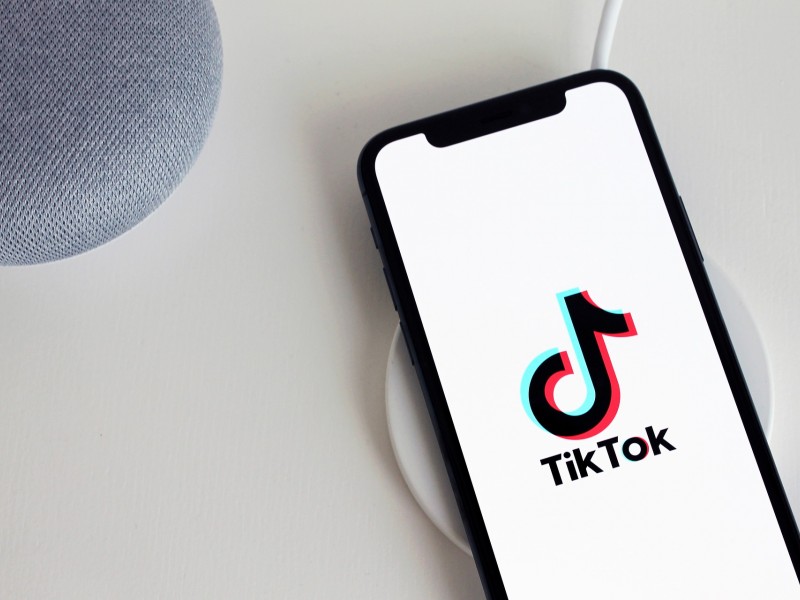Attention deficit hyperactivity disorder is trending on Tik Tok, with the hashtag alone reaching over 22 billion views. Users publish videos of them listing off various symptoms; forgetful behaviour, fidgeting, and indecisiveness just to name a few.
The issue is, these are things that everyone experiences from time to time.
Editor and science writer Mirjam Guesen studied ADHD and says the rise of self-diagnosis could be problematic.
ADHD is a complex mental disorder and is even more complicated to diagnose. Many of the symptoms cross over with other conditions like bipolar or depression. As Guesen explains, diagnosis requires a medical professional, not a stranger on the internet.
A lot of the clips on Tik Tok are not made by medical professionals. A study conducted by the Canadian Journal of Psychiatry found that around half of the videos about ADHD were misleading. And yet, people across Aotearoa are turning to the platform for mental health advice.
A Christchurch psychologist believes self-diagnosis is an issue in the sense that it can be used as an excuse.
“People are seeking labels in order to justify their behaviour. They’re using sense-making as a getaway free card.”
She says we need to be working with different people’s needs to empower them, rather than giving them a reason to step back from society.
ADHD NZ Chairperson Darren Bull argues although self-diagnosis is problematic, New Zealand’s current system leaves some people with no choice.
“The dire situation in our health and education systems have led to a void, and that’s led to Tik Tok self-diagnoses. People have nowhere else to turn to.”
60% of ADHD NZ members go private to get a diagnosis, a process which costs between $1600 and $3000.
Currently, the average wait time for an ADHD diagnosis is nine months. Bull says in the South Island in particular there is little to no support through the public health system.
ADHD NZ asked members if they thought their GPs understood ADHD. Only a quarter of them said yes.
A Ministry of Health Spokesperson says they are working with Te Whatu Ora, ADHD NZ and Pharmac to determine what more can be done to support people with ADHD.
In addition to health system problems, there are significant education gaps around ADHD in New Zealand.
“The education system needs to be able to work with the parents, whānau and children of ADHD as opposed to trying to push them off.”
Ministry of Education operations leader, Sean Teddy, claims improvements are on the way.
“The Ministry is currently developing a series of professional learning and development modules for Kaiako, whānau, resource teachers and Ministry specialists.
"The focus of the modules is to grow understanding of neurodiversity and to provide guidance on designing inclusive learning environments.”
Teddy says the improvement process is ongoing.
For now, there are significant gaps surrounding ADHD in New Zealand and for better or for worse, Tik Tok is filling them.
For more information on ADHD, check out the links below:
https://www.adhd.org.nz/
https://journals.sagepub.com/doi/full/10.1177/07067437221082854
https://www.wellbeingsupport.health.nz/


